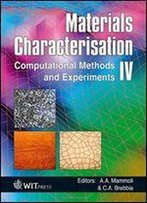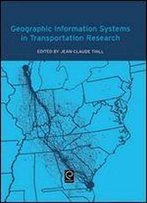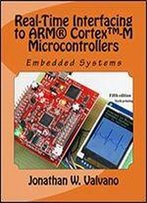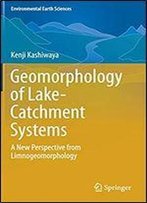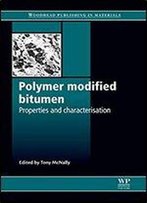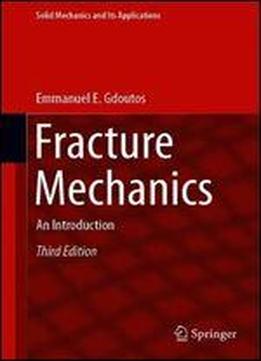
Fracture Mechanics: An Introduction
by Emmanuel E. Gdoutos /
2020 / English / PDF
10.7 MB Download
This book discusses the basic principles and traditional applications of fracture mechanics, as well as the cutting-edge research in the field over the last three decades in current topics like composites, thin films, nanoindentation, and cementitious materials. Experimental methods play a major role in the study of fracture mechanics problems and are used for the determination of the major fracture mechanics quantities such as stress intensity factors, crack tip opening displacements, strain energy release rates, crack paths, crack velocities in static and dynamic problems. These methods include electrical resistance strain gauges, photoelasticity, interferometry techniques, geometric and interferometry moir, and the optical method of caustics. Furthermore, numerical methods are often used for the determination of fracture mechanics parameters. They include finite and boundary element methods, Greens function and weight functions, boundary collocation, alternating methods, and integral transforms continuous dislocations. This third edition of the book covers the basic principles and traditional applications, as well as the latest developments of fracture mechanics. Featuring two new chapters and 30 more example problems, it presents a comprehensive overview of fracture mechanics, and includes numerous examples and unsolved problems. This book is suitable for teaching fracture mechanics courses at the undergraduate and graduate levels. A solutions manual is available for course instructors upon request.
